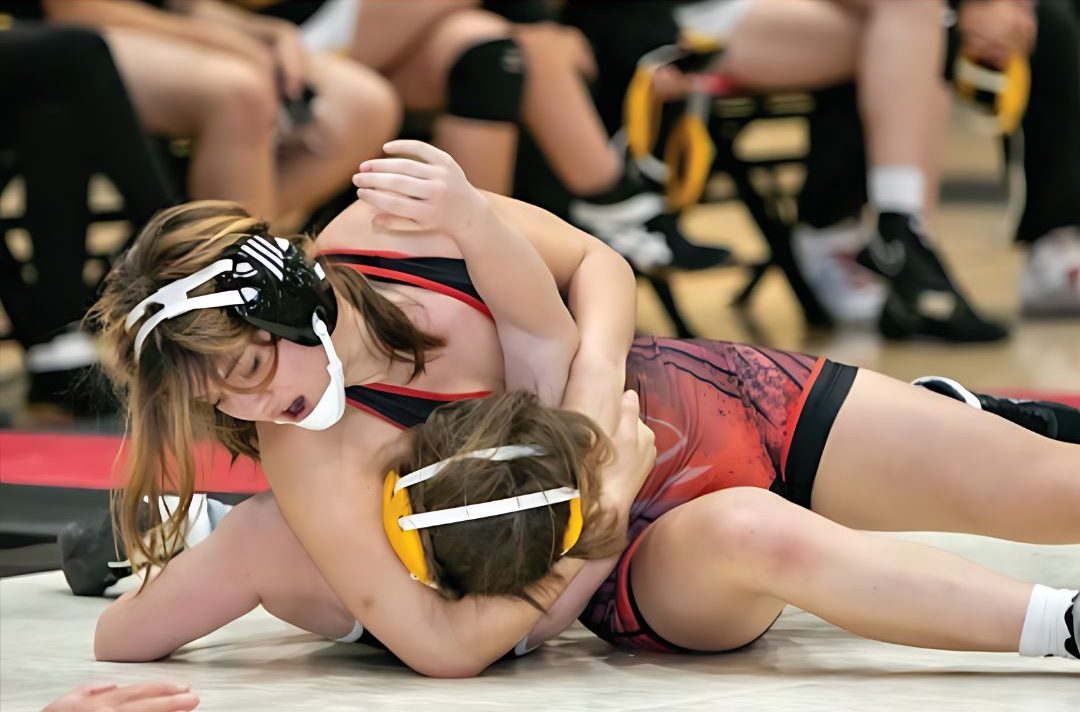Written by Kaya van der Horst
If you watched NBC’s coverage of the Rio Olympics back in 2016, you will surely remember the stellar performances by Simone Biles, Katie Ledecky, Michael Phelps and the first African-American woman to win an individual Olympic gold in swimming, Simone Manuel. While these phenomenal athletes received their well-deserved attention, their successes were disproportionately covered in comparison to the remaining 286 medals. In fact, after experiencing the Olympics through American media coverage, one may have been under the impression that the international sporting event primarily consisted of two sports and one country: gymnastics, swimming and the United States.
As modern viewing habits have given spectators the power to consume media tailored to their own schedules—without the hassle of constant commercial interruption—television networks must seek creative solutions to engage their viewers. In 2014, NBC Universal, a for-profit network, paid a hefty price of $12 billion to the Olympics until 2032 for exclusive U.S. broadcast rights. According to Bloomberg Intelligence, however, prime-time broadcast viewership was down about 17 percent compared to the London games in 2012. Thus, NBC has resorted to treating the Olympics as a form of pure entertainment, rather than valuing the beauty of the 306 Summer Olympic disciplines. Through their overly dramatic “storytelling” model, tape delayal of events and heavy focus on American athletes and “popular” sports, NBC has failed to do an adequate job of thoroughly covering the Olympics.
In 2016, the opening ceremony commenced at 7 p.m. EST, but was aired an hour later on the East Coast at 8 p.m.: the West Coast had to wait an extra four hours until 8 p.m. PST. By starting the “show” at 8 p.m. and leaving the conclusive results for midnight, NBC pieced together segments in order to create the suspenseful feel of a television show. While the addition of editing and context may have resulted in a more exciting package, the tape delayal ultimately took away from the uniqueness of a live event. Similar to the importance of the World Cup, the Olympics are unifying moments of history in which masses of the global population set their differences aside to root on their favorite athletes. With the upcoming Winter Olympics about to take place in Pyeongchang, South Korea, viewers can expect a similar treatment of editing and delayed broadcasting.
In addition to the annoyances of tape, NBC’s contrived Olympic narratives are vain attempts of emotionally appealing to viewers—particularly women. In 2016, NBC Olympics chief marketing officer, John Miller, argued that people who watch the Olympics “are not particularly sports fans” and women are “less interested in the result and more interested in the journey.” this creates the conception that the Olympics are like an ultimate reality show and entertainment bundle. NBC used this banal form of Olympic storytelling to document gymnast Jordyn Wieber in 2012. Heading into the games, the 17 year-old Michigan native was considered one of the strongest competitors to win an all-around gold medal. But even after her teammate Gabby Douglas ended up becoming the first black woman to win the all-around gold and Wieber missed qualifying for the all-around finals, NBC continued to focus on their preselected narrative on Wieber nevertheless. Instead of solely celebrating athletes for their achievements, NBC has exploited them for their compelling stories—tweaking the footage in a manner that converts the global sporting event into a narrative of American dominance.
While American success stories have overshadowed the French vaulter’s horrifically broken leg or Fiji’s first Olympic medal, perhaps the television network has adapted for the upcoming Winter Olympics. Instead of striving for the most endearing storylines in hopes of garnering viewers, NBC should focus on objectively covering the Olympics in a fair and unbiased manner.



















